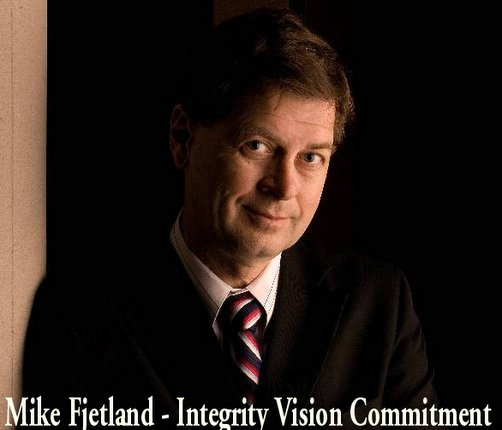
The attack in India prompted me to look up an old journal entry of a prior trip I made to India:
"...It was about 2 a.m. as I leaned back exhausted on the back seat of the dusty Premier, racing down the dark streets of Bombay. As the car hit 60 to 80 kilometers per hour on the airport run from the Taj Mahal hotel in Back Bay --that's when it caught my eye--something bright and clean in a sea of dark rotting walls that make up Bombay's center city. We flashed by, hell-bent on our mission as I leaned wearily against the window of the taxi watching the faded, chipped and jammed tenement buildings whizzing by. The black Bombay air whipped my hair and was sucking itself into my nostrils. Rolling up the window only made the thick air hotter, so I let the wind blow, comfortable in the knowledge that I could leave what these people would wake up to tomorrow. I had to get out of India.
Driving through Bombay that night, what I saw should have warned me. It was something out of the ordinary. Bolted to the side of a building was an immaculate white plastic sign, which looked out of place as the taxi zigzagged wildly through Bombay's fetid night air. In the dim light the bold, red letters proclaimed:
"BETTER TIMES AHEAD."
Below it, a crisp blue line:
"APRIL FOOL."
I wrote the above after a trip sometime around 1980. Yesterday's attacks in India are still ongoing as I write this. I have a strange connection to this incident because as a young attorney for Dresser Industries, and later as an entrepreneur, I stayed at both the Taj Mahal and Oberoi in what was then Bombay, now "Mumbai."
This attack is probably related more to Kashmir then Al Qaeda, but it is the same result -- and maybe worse since it took only a few people with AK-47's to kill dozens and lock down a city of 19 million people. It should be a warning that events half way around the world do impact us - whether we are tourists or people traveling there on business. It shows the need to be prepared.
We aren't prepared in a critical area. The same problem that arose in disasters from Hurricane IKE in Texas to the Mumbai/Bombay attacks. In each case, cell phone voice service was lost as the number of people using the cellular network skyrocketed due to the event.
I was told that the cell companies MUST cut voice service during an event like IKE or 9/11 because they don't have the capacity to handle all the people who have subsribed - that's why all you can do is email or text from your phone in the middle of winds blowing your windows out or terrorists blowing up your hotel. The same thing was reported in New Orleans during Katrina.
This is a potential hazard that needs to be addressed by Congress with all cell phone companies. For days we had no voice service after IKE, only email or text. Residents in Bombay were cut off in the middle of the attack from calling on their cell phones to find relatives caught in the streets, hotels, train station during attacks across the city, making things worse. That shutdown would also impact American tourists and business people using cell phones on their visit to India.
We need to require U.S. cellular companies to provide increased bandwidth so we do not lose the ability to make voice calls in times of crisis when communications are even more vital. This is a major Homeland Security issue. Imagine what would happen if the Bombay/Mumbai attack occurred in New York, LA, Chicago, etc.? Cell phone service would be impaired nationally, as it was on our 9/11.
The lack of cell call availability in an emergency makes getting help for those who are trapped or hurt extradordinarily more difficult and dangerous. It's critical to make this change to our communications strategy before the next disaster occurs -- in a world society that is dependent on 24/7 mobile communications.
The additional cost is an issue that the cellular companies and Congress must resolve.
We need to learn from these episodes and make improvements in this basic Homeland Security infrastructure so that we don't lose our ability to communicate with each other during the next event -- because there will always be a next event.
IKE and the Bombay attacks have exposed a global weakness in our communications systems. This attack is another confirmation that our counter terrorism efforts must be global to be effective. An attack anywhere puts all of us at risk, from citizens to tourists. We need to make this change ASAP.
My condolences to those who lost friends or relatives in India's 9/11.
The situation will take awhile to find out who and want we are dealing with in this attack. Standby...

No comments:
Post a Comment